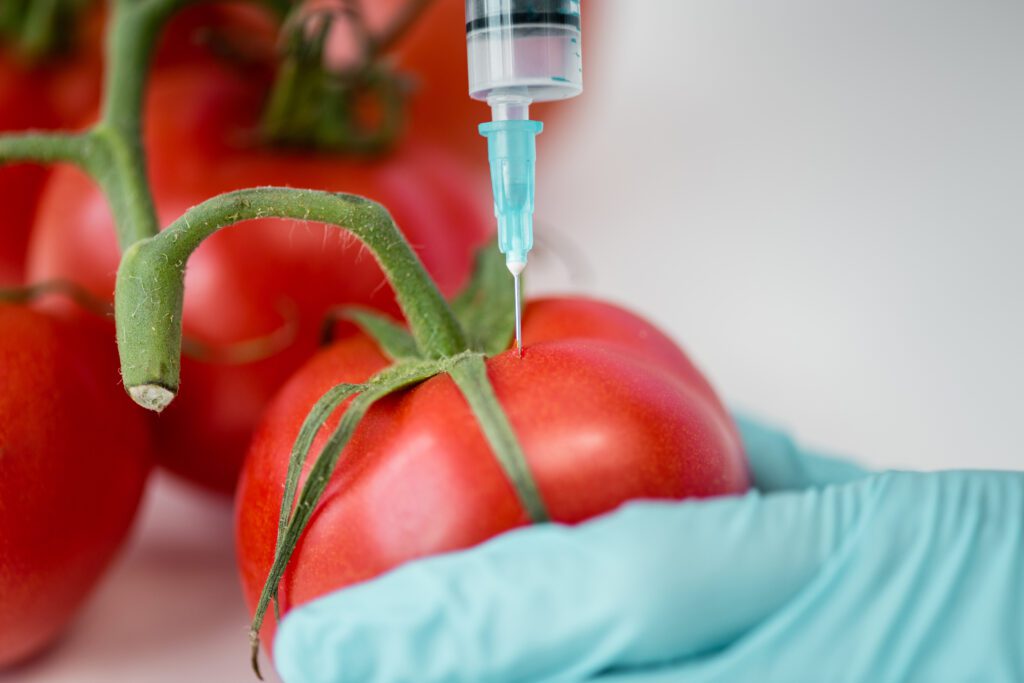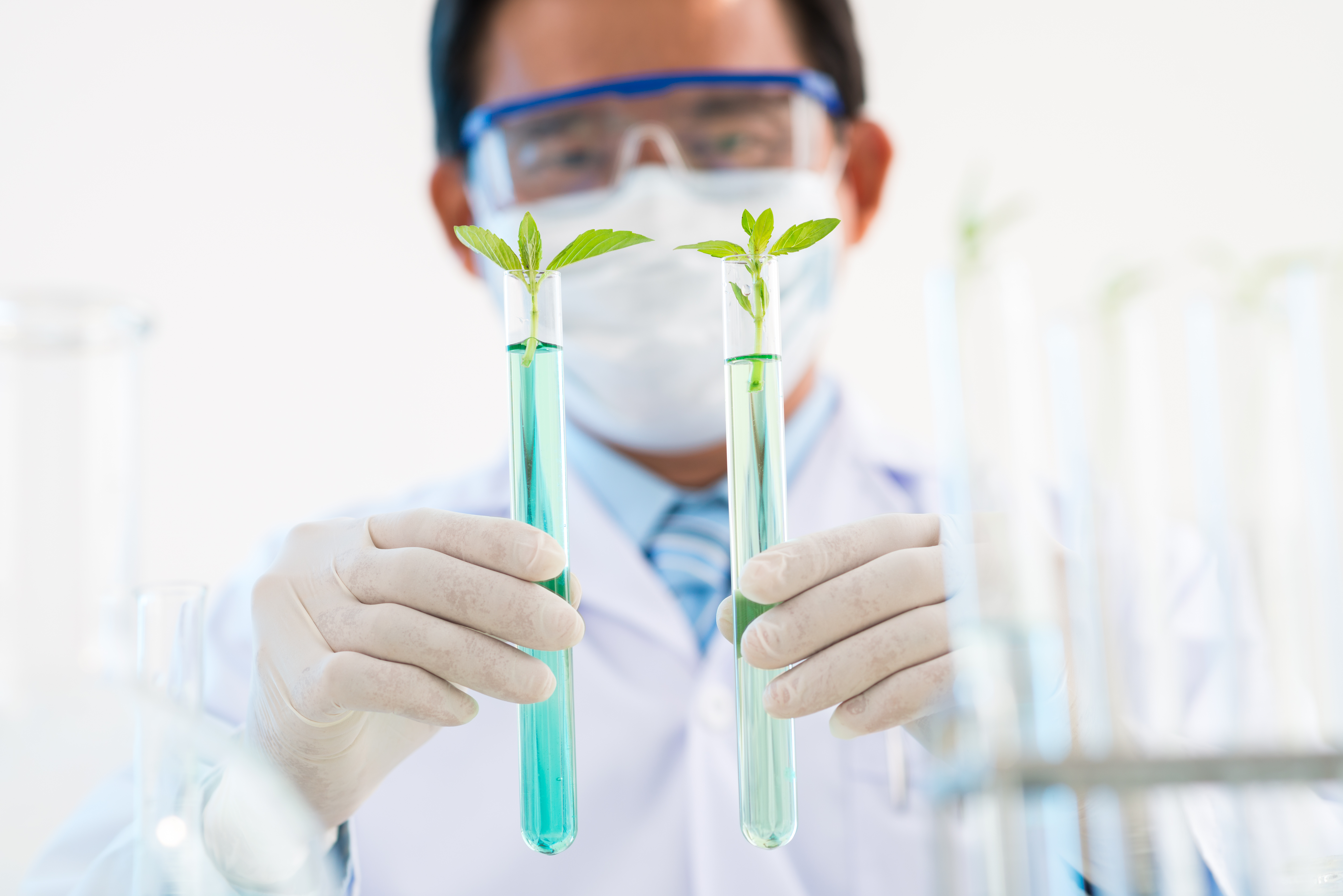GMOs, or genetically modified organisms, have a controversial history. Some people say they are safe, while others claim they are dangerous, even harmful, to consume. This begs the question, what is the real truth about GMOs?
Well, luckily, a lot of scientific research has been conducted regarding the safety of GMOs.
What Does The Research Say About GMOs?

To determine the safety of foods, they are often tested on non-human animals. These animals, such as rats, will be fed the foods, and then monitored for their overall health. For example, they will be monitored generally to make sure they continue acting normally, but more rigorous testing to ensure no organ damage is resulting from the consumption is performed as well.
Many studies have been done looking at the effects of GMOs, and have overwhelmingly found them to be safe. For example, rats were fed either GMO or non-GMO potatoes, sweet peppers, and tomatoes throughout their lives, monitored, and then fully examined after death. The scientists found no evidence of organ damage, including vital organs like the heart and lungs.
Overall, these rats showed no differences in their health whether they ate the non-GMO or GMO diets, indicating that GMO foods are not harmful for consumption.
Why is There GMO Controversy?
There are a few reasons behind the fear of GMOs. One being published results from an independent group called IRT (Institute for Responsible Technology) claiming that feeding GMO diets to rats caused toxicity to organs within a mere 10 days!
That is certainly an alarming result. However, other groups have been unable to replicate their results. A hallmark of good science is what is called reproducibility. If you cannot duplicate a result in an experiment, then the result was probably by chance, or erroneous, rather than due to the experiment itself.

Another common concern about GMOs has to do with genetics. People worry that eating genetically modified products could lead to genetic mutations in their own bodies. As many are aware, mutations are behind cancer formation, among other diseases. It makes sense people would be concerned about this, as the line of reasoning from genetic modification to mutations in the body seems plausible. However, once again, the research has failed to indicate this happens.
Instead, studies do not show any evidence of mutations in the body after eating GMO foods. There was no evidence that the GMO foods caused greater mutations in consumers when compared to non-GMO foods, meaning no difference exists between the two food types with regard to their ability to cause mutations.
What About Long-Term Effects?
Luckily, scientists have also looked at how eating GMO foods can impact one’s offspring. Once again, there is no evidence that eating GMOs causes harm to one’s offspring, or to the sex organs responsible for reproduction.
This means that the research indicates we can consume GMOs without worry that it might impact our future children, and their children, down the line.
Conclusion: GMOs Are Safe?
When we review the research about GMO consumption, we find it to be safe. There are no long-term impacts on fertility, no indication that it harms offspring, no evidence of organ damage or toxicity, and no signs that eating GMOs reduces overall health and well-being.
Granted, these controlled experiments must be conducted on non-humans, as using humans would violate ethical requirements. However, we can extrapolate results from many non-human species to humans safely, and is often done when testing products, like hair dyes, prior to marketing them to people.
Ultimately, there is a lot of concern about GMOs, but a lot of it is rooted in worries that are not supported by science.








